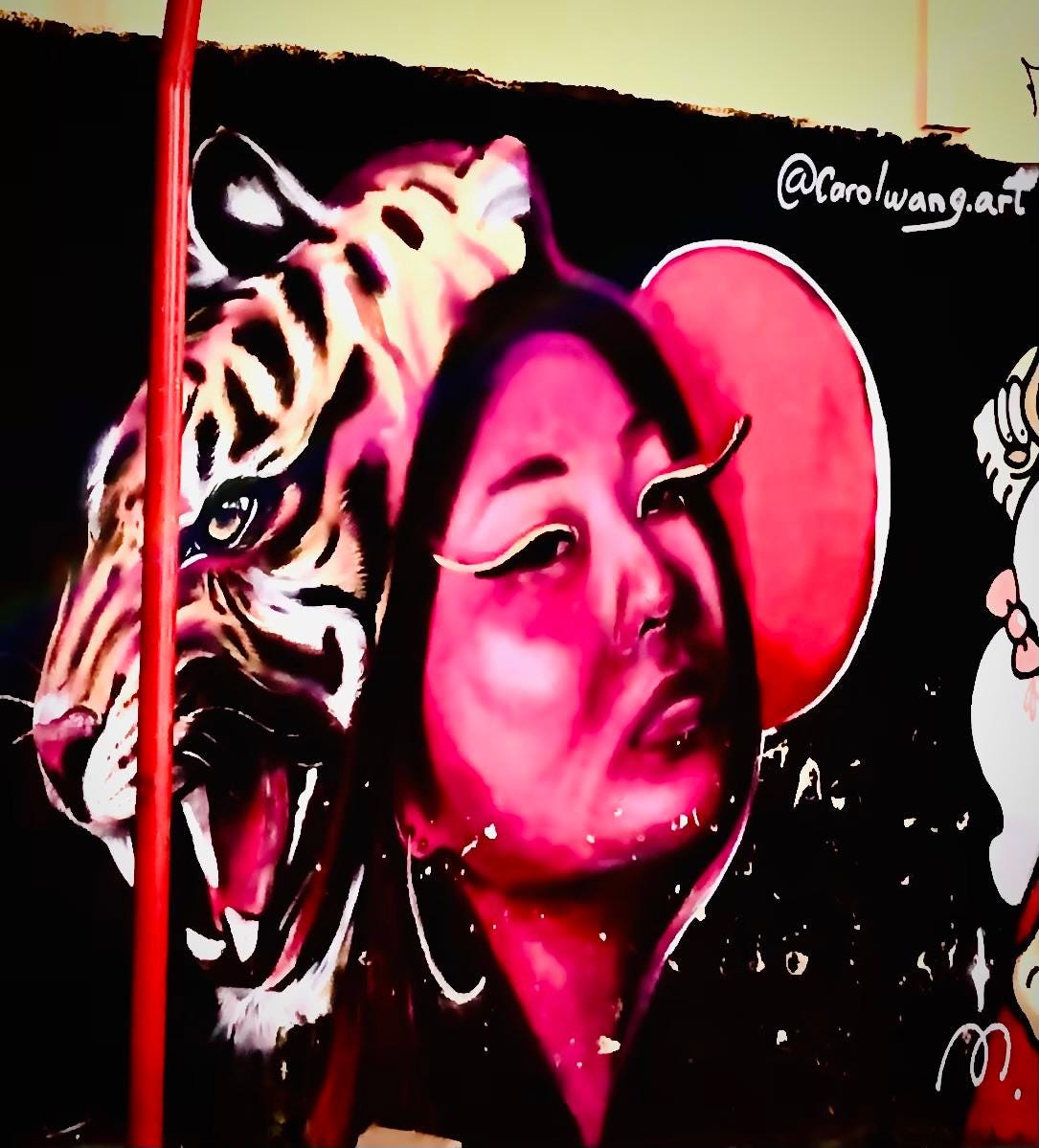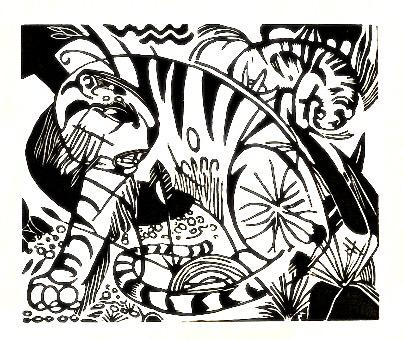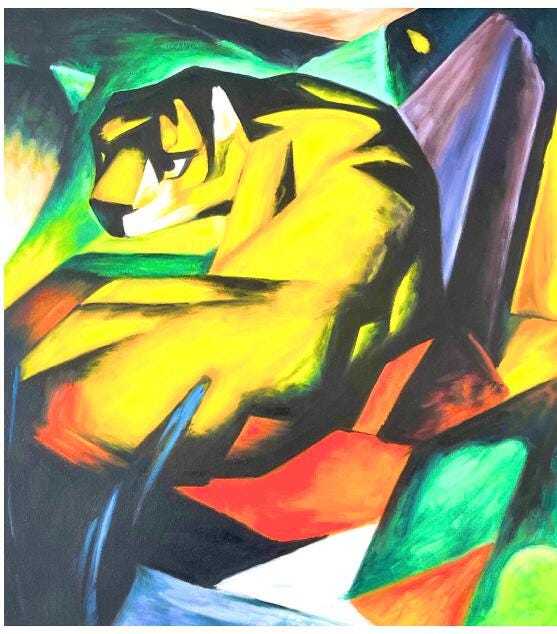Out—out are the lights—out all!
And, over each quivering form,
The curtain, a funeral pall,
Comes down with the rush of a storm...
Edgar Allan Poe – The Conqueror Worm
The brutal indifference of reality—no matter how many times I witness it—still shocks and corrodes me. I feel remorse when I see and hear personal tragedies, even as I experience a perverse relief in feeling them only by proxy, through the stories of others and their supporting characters. Empathy, even when exercised, will never be complete. To place oneself in another’s skin is a noble and desirable resource, but one that is fictitious in its entirety.
These are private stories whose essence is universal. The person who, by vocation, always fed the poor, and who, now by illness, can no longer feed herself. The adopted son of an infertile couple, long-awaited and raised with full education, comfort, and affection, who strays and commits parricide. The traumatic, unnamable loss of a child by their parents—an infinite existential void. The illness that slowly takes the patient, as though pruning the branches of a tree. The reversal of logic, of justice, of what is right. I have learned that in nature there is neither mercy nor justice; these are human terms, artificial inventions, concepts crafted by us and for our own benefit, in the attempt to trap the Tiger cub inside a cage in our living room. Nature is amoral and chaotic—Nietzschean.
We are crushed by the vacuum of existence. Helpless, the tragedy of life far surpasses fiction.
The commotion aroused by the occasional—or even merely imagined—overcoming of suffering, when it exists, or its opposite—the immediate emotional shock of tragedy—strikes us deeply and echoes in the depths of a mind already anguished by the possibility of inevitable loss, by the irrational fear of death.
Catharsis—through horror or through art (we may choose the path)—connects us to what we deny, and we try to transgress it by purging our emotions from the comfort of our contemplative and seemingly safe seats.
Safe?
Let us observe the Tiger.
We can only glimpse—like in a dreamlike reverie—the feeling of hopelessness when confronting the demon of depression, which sucks dry and atrophies the patient, chained to himself. And the more he struggles, the more the chains suffocate him, weighing down his limbs, restricting his thoughts. He sees only the shadow, and not the light that casts it.
These are life stories in which we awaken to the abyss of existence, in which we walk—unknowingly—on the edge of a cliff, blindfolded, and feel the breeze on our face, believing it a sign of vitality—believing that the next moment, or next step, will bring the ground under our groping feet.
The tragedies witnessed from the comfort of life's theater tear off our blindfolds, and suddenly—inevitably—we are presented with the vision of the precipice of finitude. We then choose: either to gaze into the absolute void through language and feel the vertigo of destruction consume us, or to face the sublime moment of reality unveiled—stripped of what cannot be said, represented, or fully explained.
Let us feed the Tiger.
The feeling of collapse, even if not our own—just like love—holds the power to grant us vision, or at least a glimpse of the true essence of the matter: first, as our inevitable destiny; second, as the inner abyss of our soul. To deny pain is to imprison ourselves. By rejecting the mortal perspective, we deprive ourselves of the inevitable—we blind ourselves to what cannot be avoided.
The most precious jewel—time—we waste it. By not knowing, or refusing to believe in our final hour, we continue convinced that we shall live forever, all while the limited resource slips away. This illusion of belief in a future that does not exist— a mirage that leaves us thirsting for selfish desires, useless vanities, endless regrets. We waste time as if it were a dropper, on trivial and small things, unaware.
I call these moments in which we witness the collapse of another’s life “points of existential hyperreality”, where attention is irresistibly drawn, like a knife to the neck or a whirlpool, to that specific moment—preventing any shift in focus, such is the tragedy and existential force of the event. It separates what is truly important from what is mere noise in our lives. A moment in which the ego yields to the real, and the psyche—unfiltered—enters either into collapse or into illumination. Can we at least have the luxury of choice? The Self finds its true meaning only in relation to the Other, for whom we are then responsible—and they, for us. We are, after all, responsible for those we have tamed.
“We never disembark from ourselves. We never truly reach the other, except by becoming other through the sensitive imagination of ourselves,” said Fernando Pessoa.
It’s not the experience itself that matters, but the sensitive, limited, critical, and reflective analysis of it—painful though it may be—even if incomplete by nature of empathy, for we shall never feel the pain of the burn as the other does, until we ourselves are burned. There is only representation of suffering—never its full transposition or transplant.
Let us free the Tiger.
Medicine is full of points of hyperreality—when we feel the devastating impact of a tragic plot breaking through the symbolic, when language fails to name the pain, the horror, or the suffering. The raw, absolute real—unrepresentable.
Only silence remains.
We either choose to free the Tiger—or we lock ourselves in the cage.
In a society built on distractions, these are sublime moments of revelation. We feel something powerful, something we try to contain with language, with culture, with detachment—and we fail. The simple contact with the real of finitude and collapse—even if belonging to someone else, even if only reflected—makes us live our own unexamined lives with greater intensity. The Other, as Levinas teaches, is an opening, a crack in the chains that bind us to ourselves. They are windows that allow us to see the light without being blinded—and before it finally goes out.
Read before you fade.
For the Tiger was never truly caged.
All that remains is to ask: Will we tame him?
“Tiger, tiger, burning bright,
In the forest of the night,
What immortal hand or eye
Could frame thy fearful symmetry?”
—William Blake, The Tiger
This essay was originally published in Portuguese on July 12, 2025. You can read the original version here:
Explore more translations in our English Essays section.






